Demand for fake driver's licenses at home and abroad
Demand for fake driver's licenses at home and abroad
In the United States, a driver's license is considered an important personal identification. It is not only proof of legal driving, but also a necessary credential for many daily activities. From opening a bank account to purchasing alcoholic beverages and even boarding an airplane, a driver's license is often a key requirement. As society develops, the demand for fake driver's licenses continues to increase, especially in specific situations. This phenomenon reflects individual needs and reveals underlying social issues that deserve further exploration.
Adolescent Perspective
One of the most important groups driving the demand for fake driver's licenses is teenagers. For many young people, reaching the legal driving age is a rite of passage and represents newfound freedom and independence. However, not all teenagers can wait until they can legally obtain a driver's license. Some may seek a Florida fake ID to enjoy the privileges that come with being a licensed driver, even if they have not yet reached the required age.
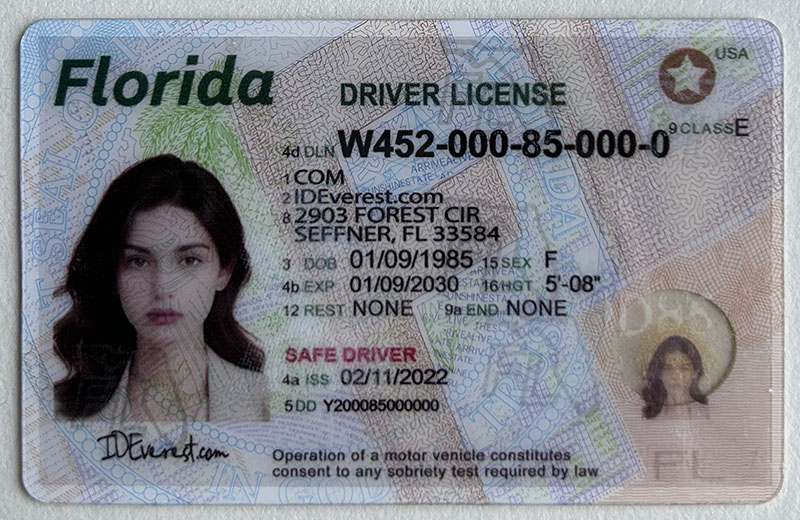
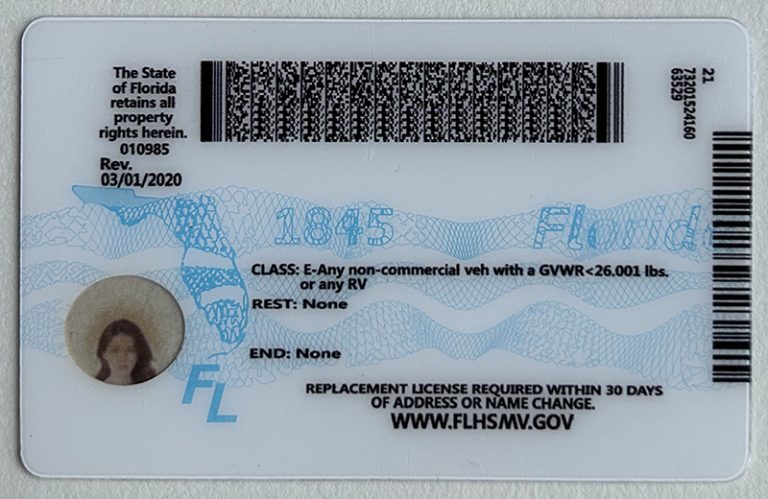
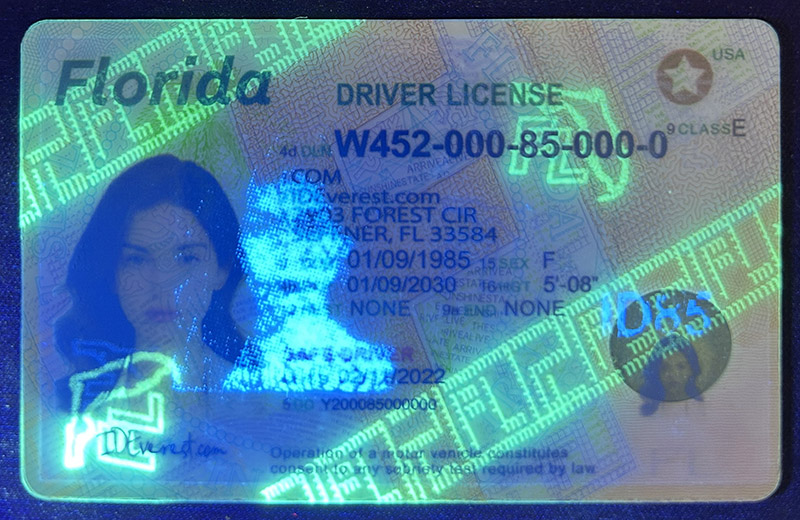
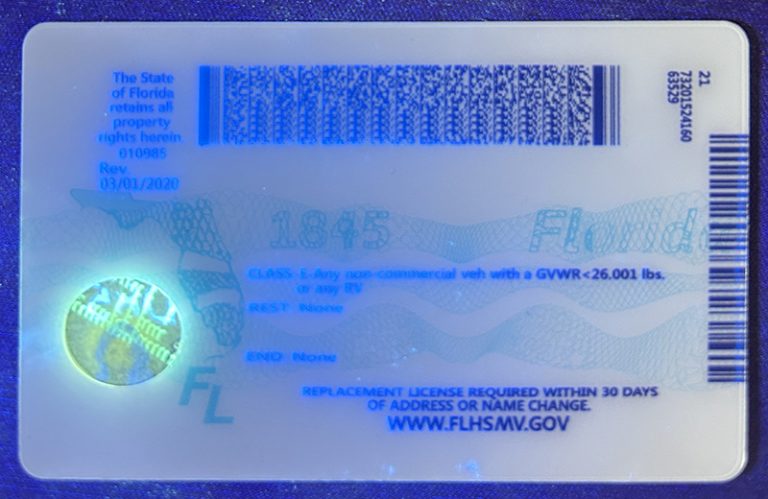
For these teenagers, having a fake driver's license is not just about transportation; it is also about social acceptance and self-esteem. In many social circles, the ability to drive is equivalent to maturity. Having a fake ID can allow them to enter social events, parties, and age-restricted venues such as bars and clubs.
In addition, peer pressure may play a significant role in this decision. In a culture where driving is the norm, people without a driver’s license may feel marginalized. The lure of being able to hang out with friends, or even just the thrill of driving, may lead them to consider obtaining a fake driver’s license.
Adult Population and Employment Challenges
While teens are a significant segment of the demographic, adults also contribute to the demand for scannable ID cards in Texas, especially when it comes to employment. Across industries, employers require job applicants to present a driver’s license as proof of identity and driving ability. This is especially true in transportation, sales, and any job field that requires driving. However, individuals who face barriers to obtaining a legitimate driver’s license due to reasons such as prior offenses, financial constraints, or other personal issues may be forced to turn to a fake driver’s license.
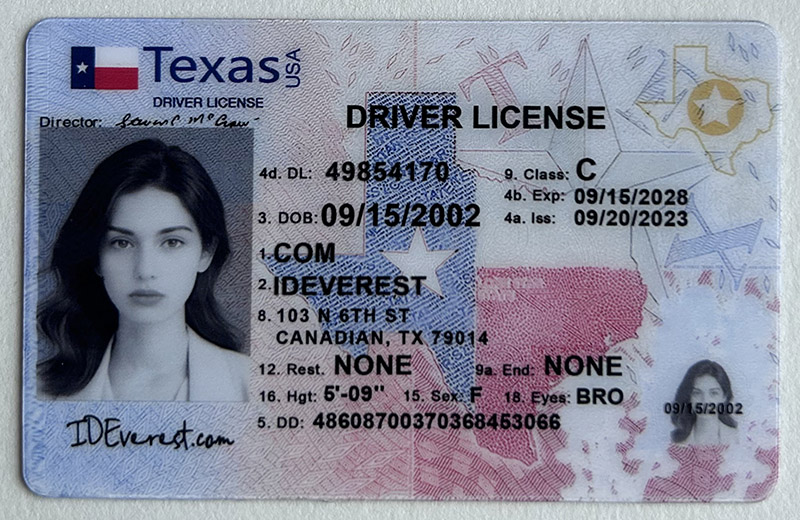
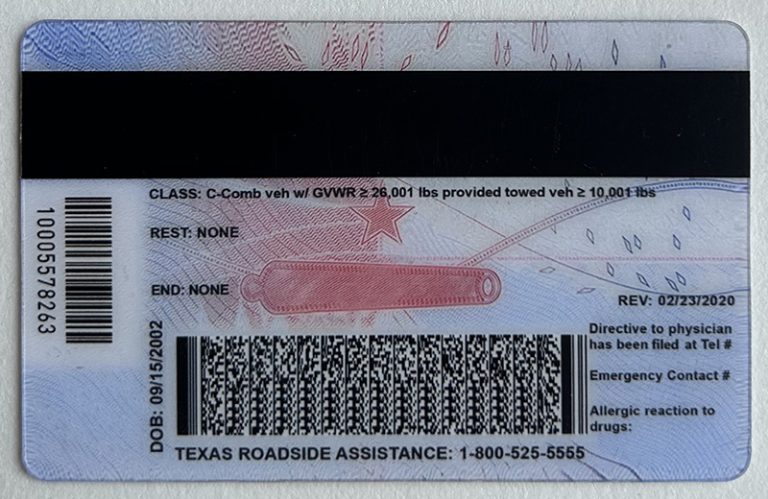
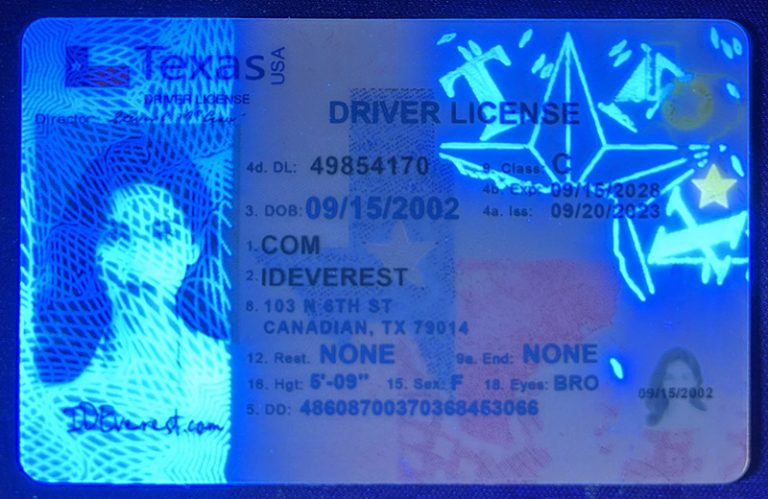
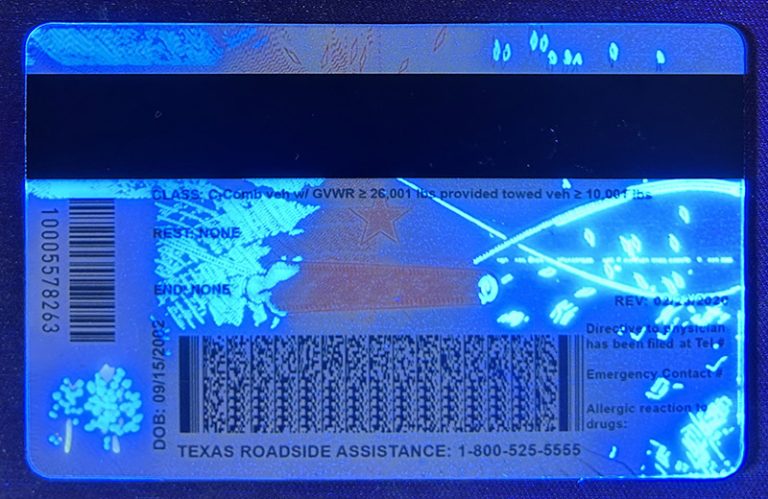
For these adults, a fake driver’s license can be seen as a means to obtain employment. In a competitive job market where many applicants meet basic qualifications, having a valid driver’s license can give one candidate an advantage over another. The pressure to support oneself and one’s family can drive individuals to make choices they might not otherwise consider. This is especially true in economically disadvantaged areas where employment opportunities are limited and employment risk is high.
In many cases, adults use fake driver’s licenses out of desperation rather than intentional fraud. The challenges they face in the employment environment may lead them to view a fake driver's license as a necessary tool for survival. However, this can create a cycle where individuals feel trapped by their decision, often leading to further complications later on.
Immigrants and the Quest for Integration
Another group that often requires a fake driver's license is immigrants. For many newcomers to the United States, obtaining a driver's license is essential for daily life, including commuting to get off work, attending appointments, and purchasing necessities. However, many immigrants face significant barriers to obtaining a legal driver's license, such as language barriers, unfamiliarity with bureaucratic procedures, and financial constraints.
In this context, a North Carolina fake ID card can serve as a practical solution to these challenges. For immigrants who have not yet settled in life in the United States, having the ability to drive can greatly ease their transition and integration into American society. It allows them to more fully participate in their communities, obtain employment opportunities, and participate in social activities that would otherwise be difficult to conduct.
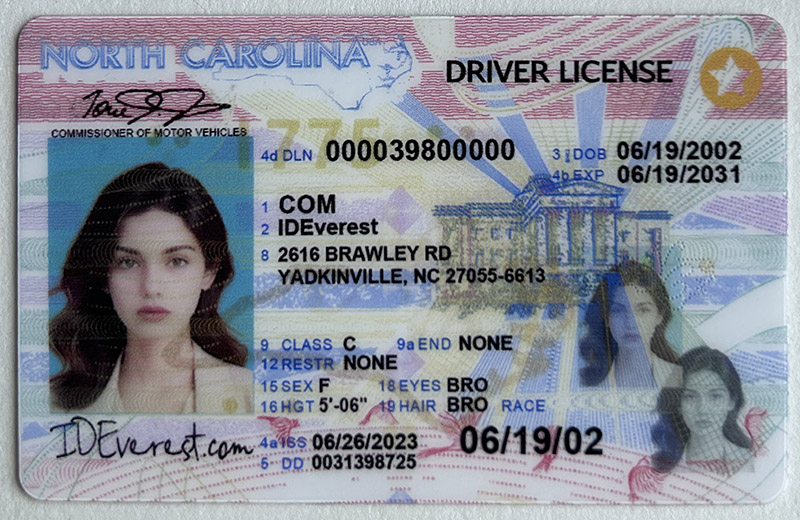
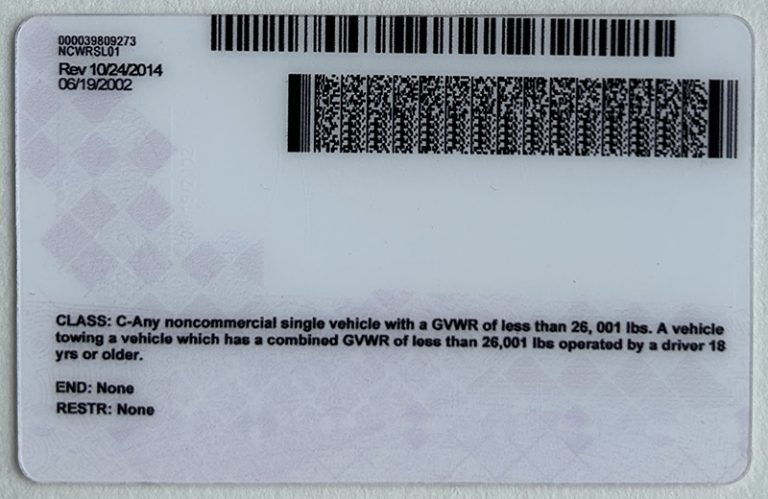
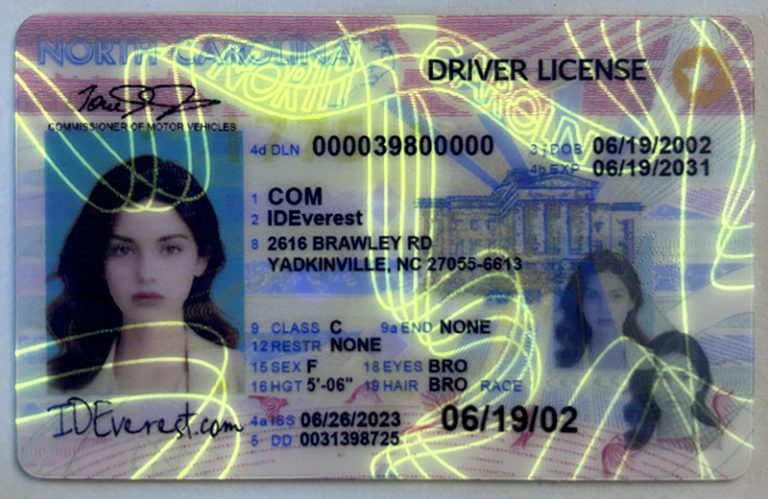
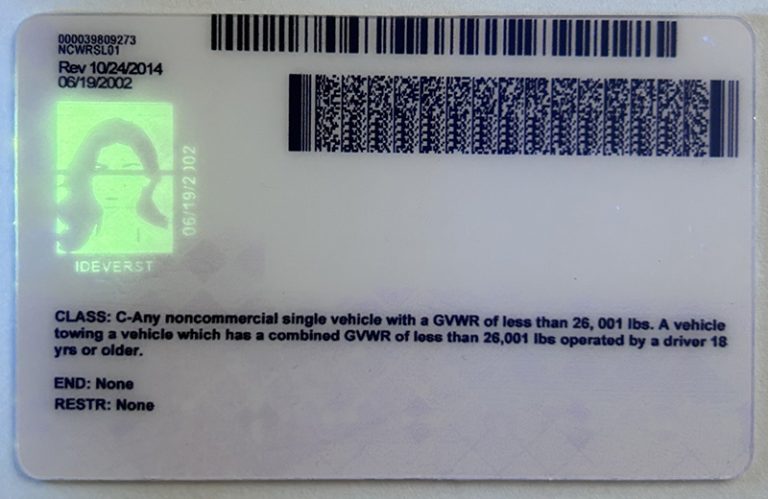
The desire to support their families and create a better life may lead many immigrants to seek a fake driver's license. They may view it as just a temporary solution in their efforts to obtain legal documentation. Immigrants’ emotional and practical needs often intersect, making the use of fake driver’s licenses appealing and highlighting the complexity of their situation.
Economic Factors and Accessibility
Economic factors also play a key role in driving the demand for fake driver’s licenses. In many low-income communities, the costs associated with legally obtaining a driver’s license can be prohibitive. The application process, the cost of driving tests, and even the costs associated with maintaining a vehicle can quickly add up, making it difficult for individuals in these communities to obtain the necessary documentation. In these circumstances, fake driver’s licenses can seem like a more viable option that allows individuals to circumvent these financial barriers.
Additionally, the process of obtaining a driver’s license can often feel overwhelming, especially for those who lack support or guidance. Meeting these requirements—such as providing proof of residency, taking a written test, and completing a driving course—can be daunting for many potential applicants. In contrast, the lure of obtaining a fake California ID with minimal effort is hard to resist, especially for those who are in urgent need of identification.
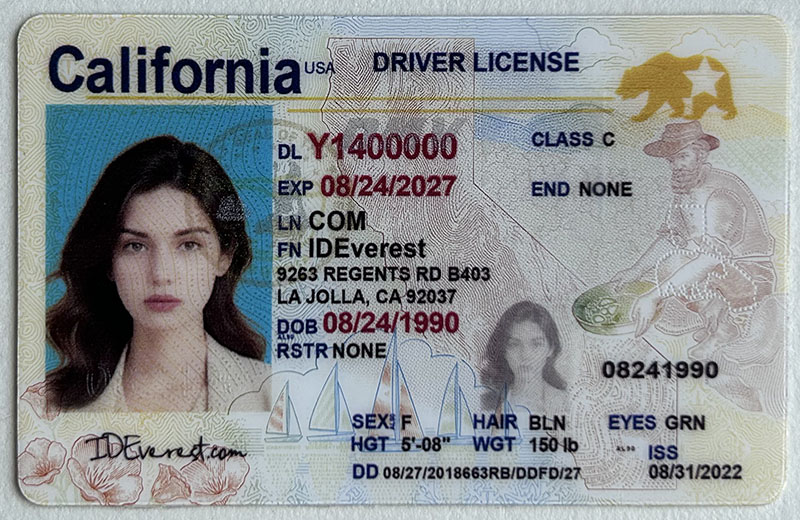
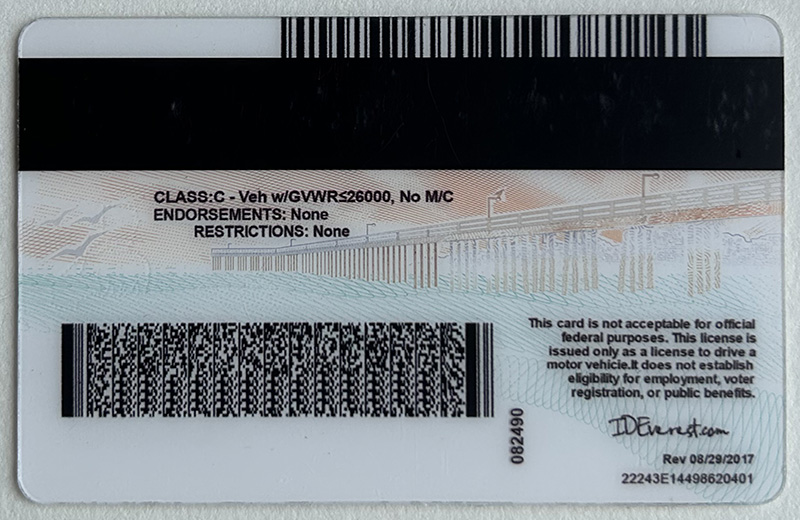
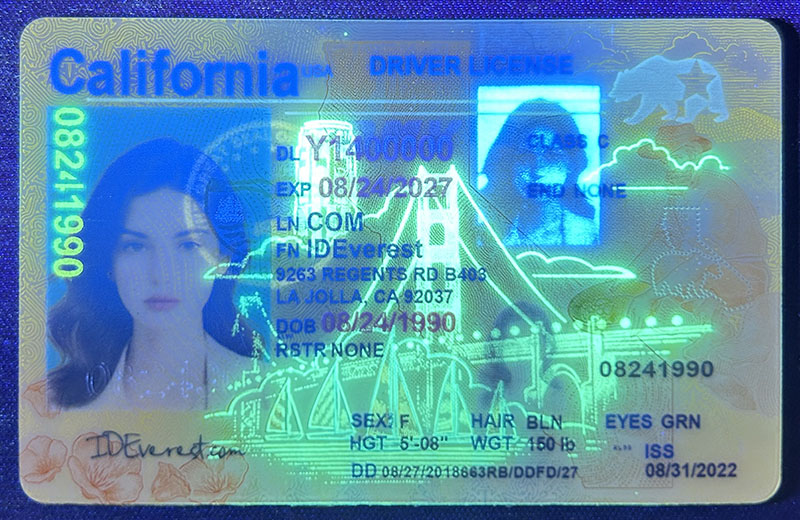
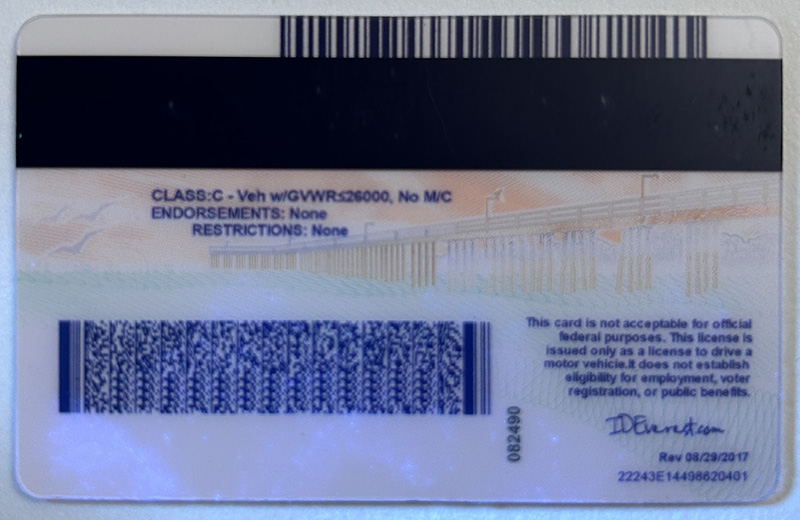
Social Impact
The increasing demand for fake driver’s licenses raises important questions about societal values and the effectiveness of existing systems. It highlights gaps in accessibility and support for those who truly need legal documentation. Rather than simply condemning the use of fake driver's licenses, efforts should be focused on understanding the root causes behind this demand and addressing the underlying issues.
By creating more accessible pathways to driver's licenses, such as providing support for those facing financial barriers, providing language assistance, and streamlining the application process, society can help alleviate the demand for fake documents. Additionally, community programs designed to educate individuals about the licensing process can empower them to successfully navigate it.
Conclusion
In summary, the demand for fake driver's licenses in the United States highlights deeper social issues and individual needs. While these fake documents provide convenience for some, they also highlight underlying social challenges that must be addressed. Understanding the factors driving this demand—from the aspirations of teenagers to the employment pressures of adults and the struggles of immigrants—can help shape better policies and support systems.
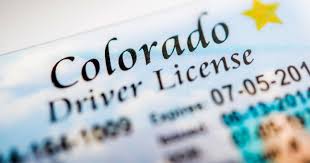 Texas Fake ID
Texas Fake ID
 South Dakota Fake ID
South Dakota Fake ID
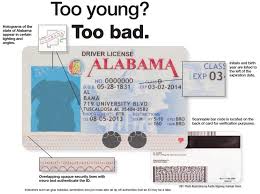 How to Get a US SSN Card
How to Get a US SSN Card
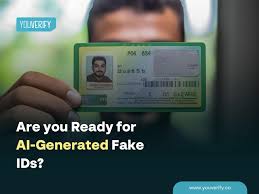 How to Replace Social Security
How to Replace Social Security